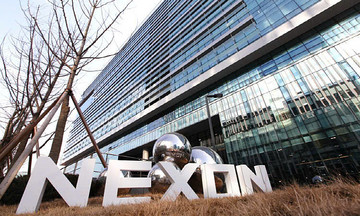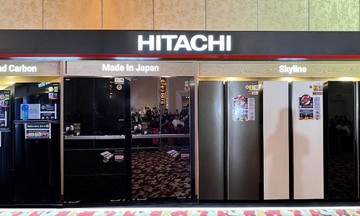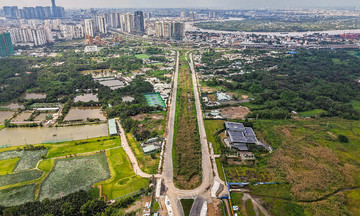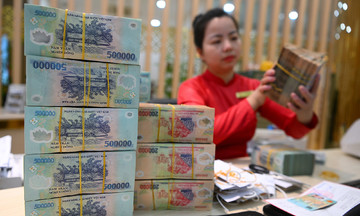On 8/10, FTSE Russell announced the upgrade of Vietnam's stock market from frontier to secondary emerging market status, following seven years on its watch list. The FTSE Russell Index Governance Board (IGB) confirmed Vietnam meets all necessary criteria for this classification.
The upgrade will become effective on 21/9/2026, contingent on the outcome of a review scheduled for March 2026, FTSE Russell stated.
FTSE Russell clarified this 'conditional' upgrade, noting that the IGB thoroughly reviewed feedback from advisory committees regarding limitations on global brokers' roles in Vietnamese transactions. While not a mandatory condition, the IGB considers improved market access for these investors essential for index replication. Consequently, the March 2026 review aims to assess progress in expanding global brokers' involvement.
According to many experts, FTSE Russell's decision stems primarily from caution, not policy doubts. In its upgrade announcement, the organization stated it would closely monitor developments and gather feedback from stakeholders before the March 2026 assessment. This ensures the upgrade plan can proceed six months later.
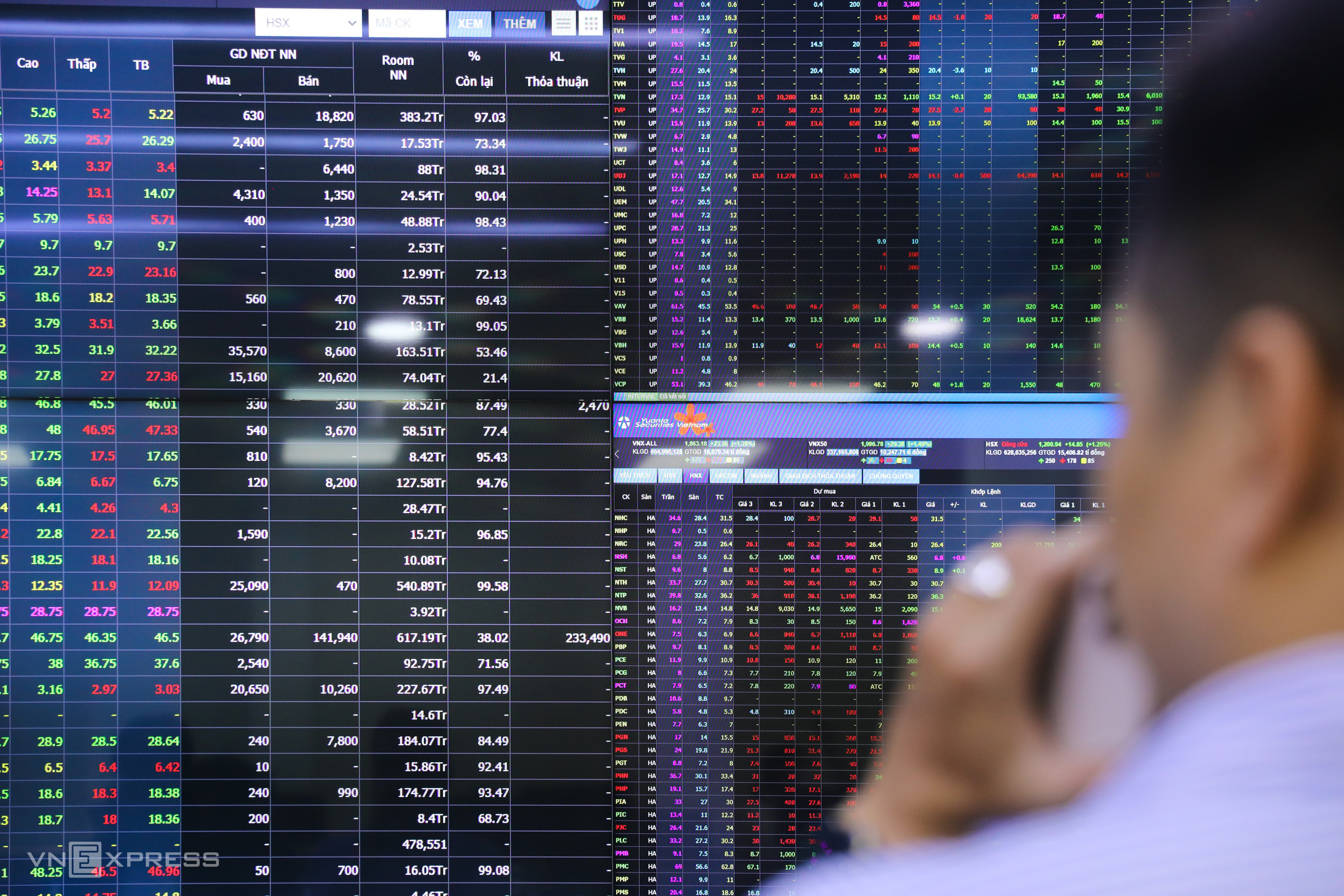 |
Investors monitor an electronic board at a securities company in TP HCM. Photo: Quynh Tran |
Investors monitor an electronic board at a securities company in TP HCM. Photo: Quynh Tran
Nguyen The Minh, Director of Research and Retail Client Development at Yuanta Vietnam Securities Company, suggests FTSE Russell's interest lies in the account opening process for global brokers.
In late September, the State Bank of Vietnam mandated new regulations for banks. These rules aim to minimize the time and procedures for foreign investors opening accounts for indirect investment activities in Vietnam.
Minh stated, "Reform efforts occurred close to the September 2025 periodic review, so FTSE Russell may not have had enough time to assess the actual impact. Therefore, although not a mandatory criterion, they still want to continue monitoring."
Pham Luu Hung, Chief Economist at SSI Securities Company, echoes this sentiment. He believes the seamless account opening process for global brokers remains a primary concern for FTSE Russell. Domestic regulators' amendments to numerous circulars and decrees have significantly eased this process.
Under the new regulations, depository members no longer submit paper documents to the Vietnam Securities Depository and Clearing Corporation (VSDC) for foreign investor trading codes. Instead, VSDC issues online trading codes, allowing foreign investors to trade immediately. Foreign securities investment fund management companies receive two trading codes: one for their own use and one for managing client transactions.
To attract international capital, Vietnam's legal framework includes other changes. These include shortening the time for newly offered securities to begin trading from 90 days to 30 days. Additionally, listed enterprises and public companies are now required to gradually disclose information in English to enhance transparency.
Hung believes FTSE Russell's current concerns do not pose a significant barrier for Vietnam in the March 2026 review. Positively, the rating agency's caution helps Vietnam identify and address existing issues.
Experts are optimistic that market operators will proactively address FTSE Russell's concerns, paving the way for Vietnam's official upgrade in September 2026.
Vu Ngoc Linh, Director of Market Research and Analysis at VinaCapital, stated, "Being upgraded to an emerging market is a significant milestone for Vietnam. However, the greater challenge lies in maintaining and strengthening this position long-term."
Following the upgrade, Vietnam will be included in the FTSE EM All Cap index, which tracks approximately USD 100 billion. VinaCapital estimates Vietnam could comprise about 0.3% of this index, attracting roughly USD 300 million in passive capital across about 30 stocks. Including other emerging market index funds, Vietnam is expected to receive approximately USD 5-6 billion in total foreign capital, comprising USD 1 billion in passive flows and USD 4-5 billion in active capital.
VinaCapital considers this figure not exceptionally large, but a vital and positive shift for Vietnam, especially after three consecutive years of net foreign selling.
Minister of Finance Nguyen Van Thang affirmed this upgrade marks a significant milestone in 25 years of stock market development. He noted this achievement results from extensive reforms across the legal framework, technology infrastructure, product and service quality, and investor behavior. Vietnam's capital and stock market anticipate a qualitative transformation. Beyond attracting high-quality foreign capital, the market will also demand higher standards for corporate governance and transparency.
Phuong Dong



